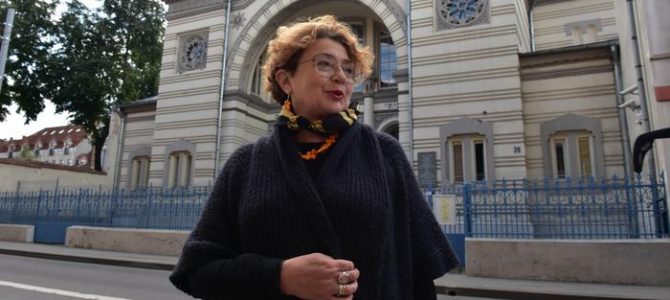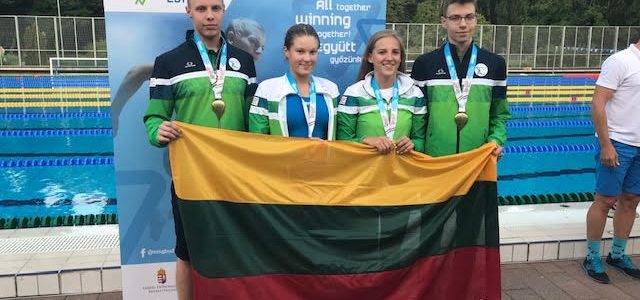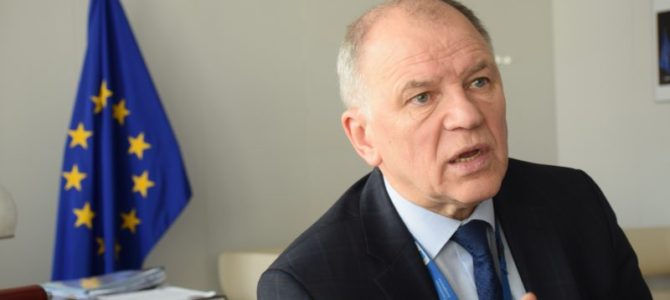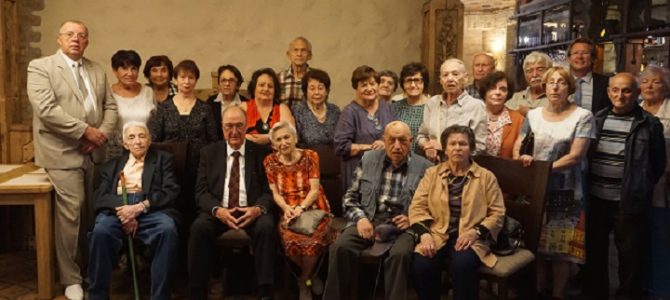A letter from the prosecutor of the Defense of the Public Interest Section of the Vilnius district Prosecutor Office has been posted on the webpage of the Lithuanian Prosecutor’s Office regarding complaints over the take-down of a plaque commemorating Jonas Noreika and the renaming of a street honoring Kazys Škirpa in Vilnius. Both men were complicit in Holocaust crimes during World War II.
Investigation Performed for the Defense of the Public Interest on the Removal of the Commemorative Plaque and the Renaming of the Alley in Vilnius
August 28, 2019
After considering statements by members of parliament Audronis Ažubalis and Laurynas Kasčiūnas, the Union of Volunteer Founders of the Lithuanian Military, the Lithuanian Defense of Human Rights Association and other parties on the possibly illegitimate removal of the plaque commemorating Jonas Noreika/General Storm from the outer wall of the Vrublevskiai Library of the Lithuanian Academy of Sciences and the renaming of K. Škirpa Alley, the Vilnius district Prosecutor’s Office adopted a decision to decline to apply measures for the defense of the public interest. In adopting this decision, the Prosecutor’s Office looked at information from the Vilnius municipality, the Lithuanian Cultural Heritage Department, the Lithuanian Government representative for the Vilnius and Alytus districts and other information pertinent to the investigation. This decision only presents a legal and not an historical assessment.



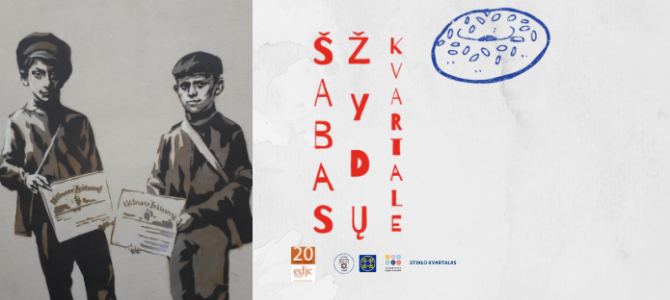



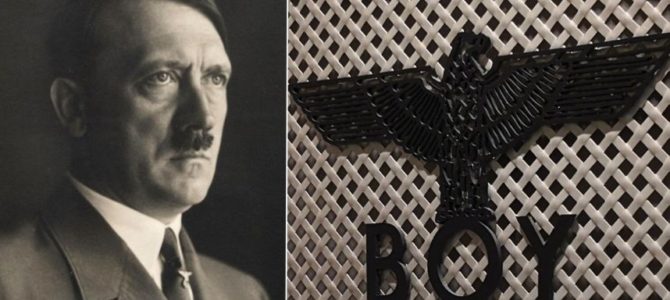
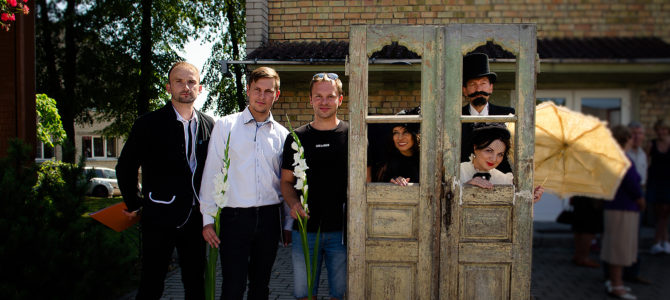
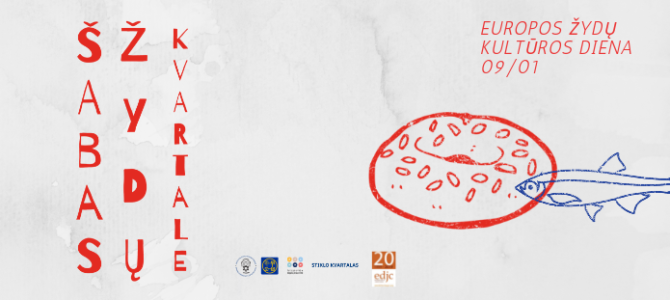
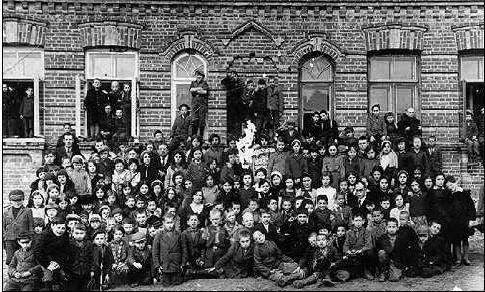
 by Grant Arthur Gochin
by Grant Arthur Gochin
